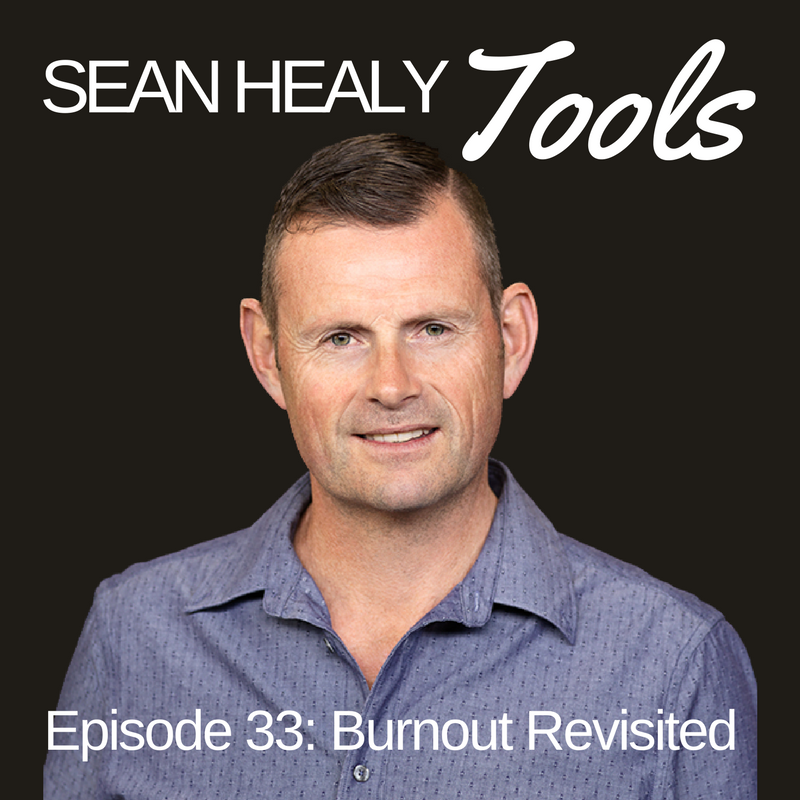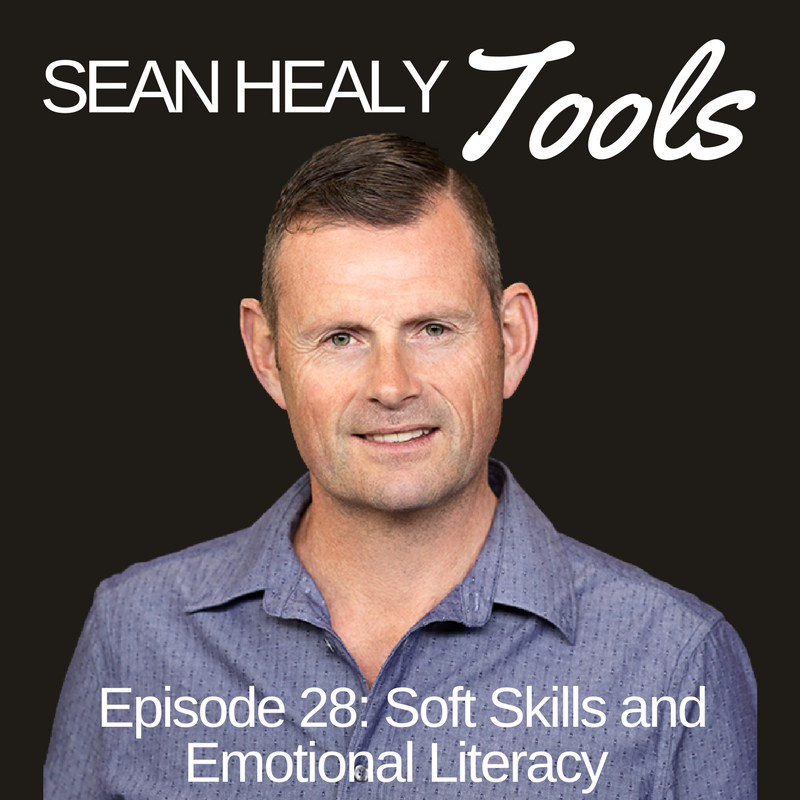How to have healthy, relationship affirming disagreements
Sometimes we can get so focused on being right in an argument and snowing someone else with the undeniability of our rational position that we forget to be mindful of their experience.
If you have ever had the experience of being intellectually trampled so to speak by someone in a conflict or negotiation situation and how that left you feeling, you will know what I mean. How willing are you to want to engage again with that person if another situation of challenge arises?
The really good negotiators and conflict specialists focus not only on the challenge at present but also on affirming the relationships between parties so that we will be willing to fight again on another day.
Disagreement isn't unhealthy and can even promote deeper understanding, intimacy and effective solutions. How we disagree and how we leave each other feeling can mean I win now but lose later. This can be especially true if as a result of confrontation with me, you refuse to want to engage again or hold back on crucial information going forward because I am now perceived as too unpleasant to deal with.
This episode looks at some of these aspects and being mindful of relationships.






















